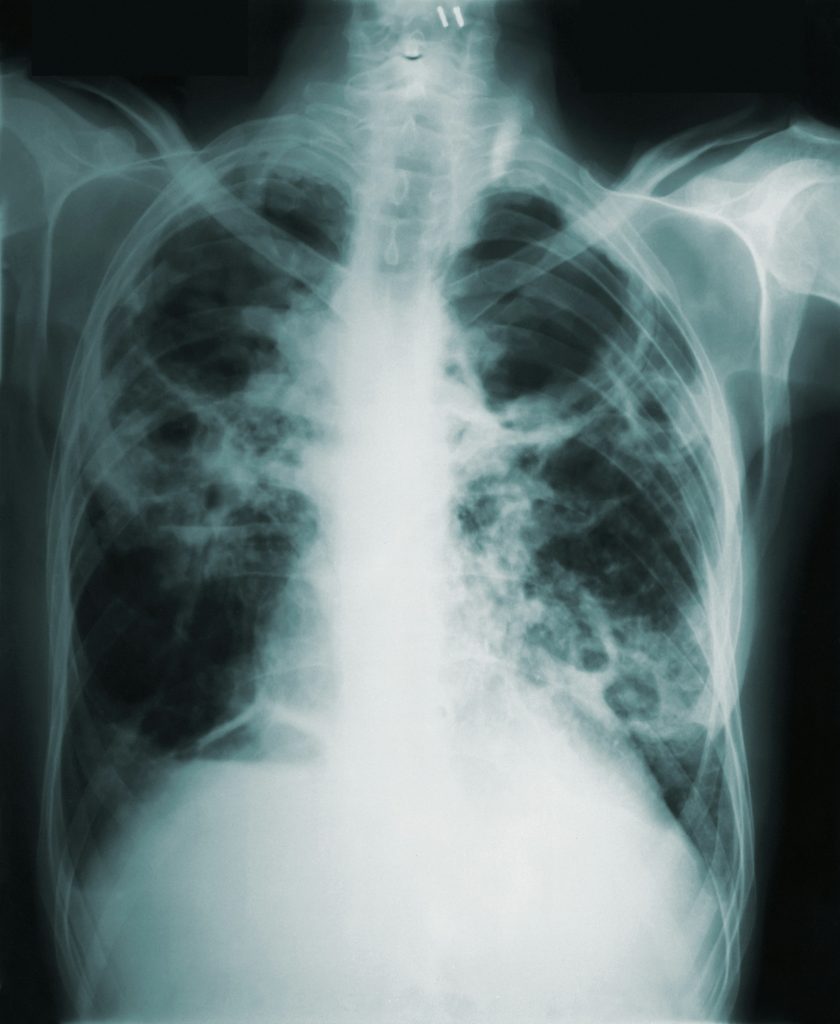All fields are required
Posted in Legionella,Legionnaire's disease,Our Blog,Outbreaks & Recalls on November 4, 2025

At least two cases of Legionnaires’ Disease at The Christ Hospital have local and state health departments looking for answers.
What exactly IS Legionnaires’ Disease? Why is Legionnaires’ disease in a hospital setting especially dangerous? How do you get Legionnaires’ disease and what is The Christ Hospital doing to prevent others from getting it? What should you do if you get sick?
Here’s what we know so far about the cluster of Legionnaires’ disease at The Christ Hospital in Cincinnati.
Two cases of Legionnaires’ disease have been diagnosed during their stay at The Christ Hospital’s main campus. Both have occurred over the past six weeks. Reportedly between mid-September and the end of October.
This prompted an investigation from Hamilton County Public Health, the Cincinnati Health Department, and Ohio Department of Health. The Christ Hospital is conducting its own investigation and cooperating with these investigations.
Legionella bacteria are the germs responsible for Legionnaires’ disease.
These microorganisms typically live in natural water environments. Places like lakes, streams, and rivers.
Not something you typically find on a hospital campus. So how do they spread there?
It becomes a problem when a small amount of those bacteria makes their way into human-made water systems.
A really big problem.
This often happens when bacteria are picked up with evaporating water and carried by rain clouds. Where they are later deposited near cooling towers on tops of buildings. Nearby buildings with infected cooling towers can also spread the germ from one water system to another.
Legionnaires’ disease is caused by inhaling microscopic Legionella bacteria. This often happens when these bacteria contaminate a water supply and become suspended in aerosolized water droplets. Something like water mist.
Inhaling this mist can move these waterborne bacteria into your lungs where they can cause infection.
While this bacterium is naturally occurring in freshwater environments (lakes, streams, etc.), they can also grow in human-made water systems. In fact, that is how most Legionnaires’ disease infections take place.
Certain human-made water systems are better suited for growing and spreading harmful Legionella bacteria. But anything that generates a mist or spray can spread bacteria.
Common sources of Legionnaires’ disease include:
In addition to cooling towers and hot water tanks, some of the more uncommon sources can be found in hospitals. Ventilators, humidifiers, and other breathing devices.
Compounding the concern surrounding this cluster of Legionnaires’ disease illnesses at The Christ Hospital is the increased severity of illness and death statistics.
According to the Center for Disease Control and Prevention (CDC), 1 in 20 people exposed to Legionella bacteria will become sick.
An unfortunate 1 in 10 will die. In a health care setting like this, the risk elevates to 1 in 4.
There are several reasons for this.
First, people being hospitalized are often very sick. A decreased immune system leaves the body more susceptible to any number of illnesses. Including Legionnaires’ disease.
Additionally, breathing equipment can introduce harmful airborne germs directly into the lungs. Aerosolized water from a handwash sink in the room can send Legionella bacteria straight into the breathing systems. Giving the germs a perfect pathway into the lungs.
Only specialized laboratory tests can accurately diagnose Legionnaires’ disease.
Legionnaires’ disease is often confused with other pneumonia-like illnesses, as many symptoms overlap for both conditions. It is even indistinguishable from typical pneumonia on a chest x-ray.
Urine antigen tests and PCR tests for sputum samples can accurately diagnose Legionnaires’ disease.
Not everyone who is exposed to Legionella bacteria will become sick. Most normally healthy individuals will not become infected. However, certain groups of people are at higher risk of infection if exposed.
Higher risk groups include:
If you have stayed, worked, or have visited The Christ Hospital, there are a few symptoms to look out for.
While severity of symptoms can vary from person to person, symptoms to look out for include:
Other Symptoms may include:
Most people begin feeling sick between two and 14 days after exposure. However, it can take longer for symptoms to appear in some cases.
The Christ Hospital should have a protocol for handling Legionnaires’ disease. In fact, they had to use it only a few years ago.
In 2023, the main campus had another cluster of Legionnaires’ disease illnesses. Three patients tested positive for the pneumonia-like infection.
That time, The Christ Hospital Health Network said that it identification efforts as to the source of the illnesses were “inconclusive.”
Like in 2023, the hospital is claiming that the exact source of exposure is not currently known. However, they are working diligently to identify and mitigate any potential hospital-related sources.
They are:
If you or a loved one have stayed, worked, or have visited The Christ Hospital and have become sick with Legionnaires’ disease you may have a legal case. An experienced Legionnaires’ disease Lawyer can help!
If you wish to pursue a legal claim for financial compensation to cover medical expenses, lost work, caring for a loved one, or other burdens associated with Legionnaires’ disease illness, The Lange Law Firm, PLLC has a Legionnaires’ disease lawyer that can help.
Legionnaires’ disease is a preventable illness. This type of illness spreads when lapses in required maintenance allow the growth of this harmful microorganism.
Call (833) 330-3663 or send us an email for a free, no obligation consultation. A member of our compassionate team will go over the details of your case.
By: Heather Van Tassell (contributing writer, non-lawyer)